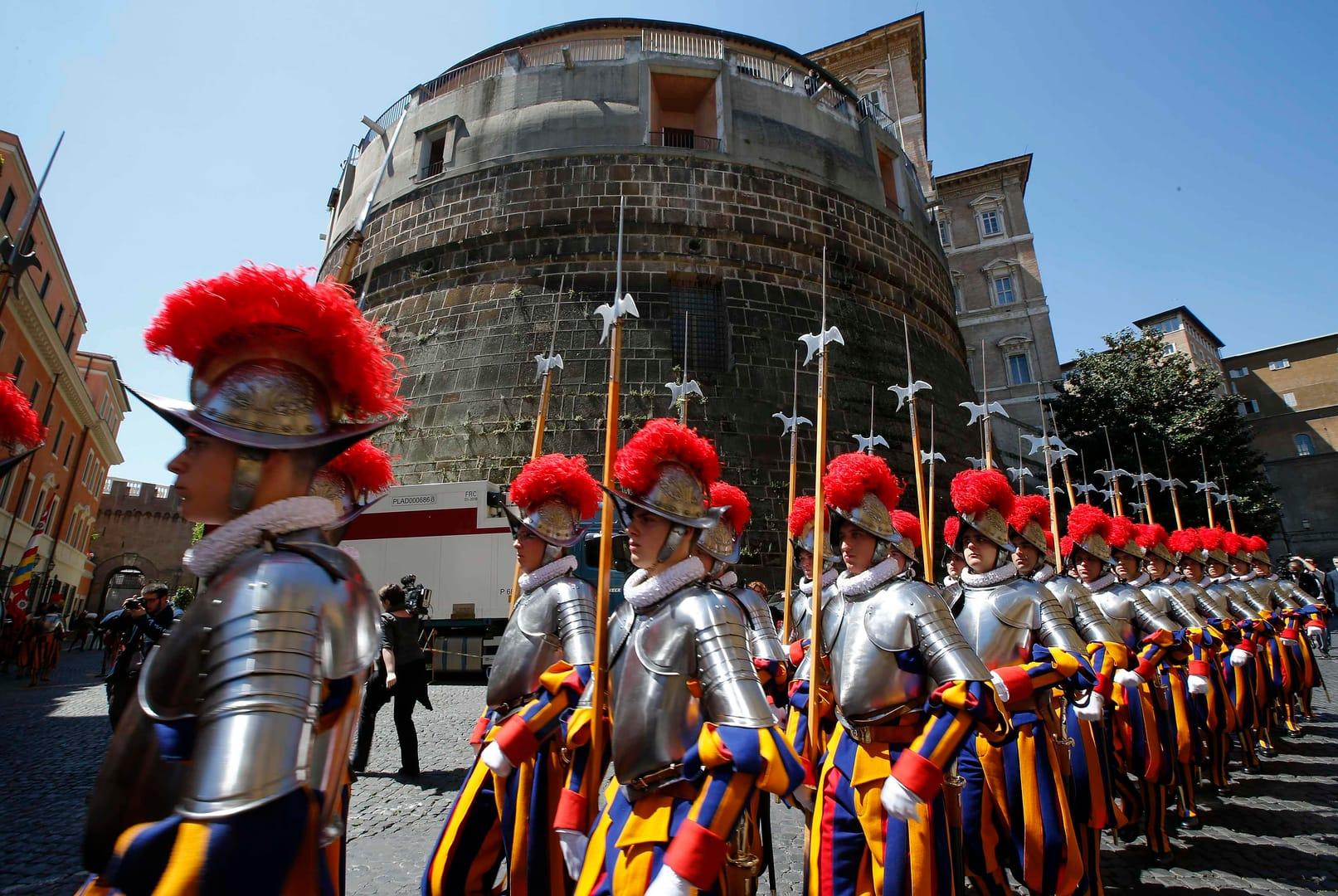ROME – Aiming both to streamline and to reform its investment practices, the Vatican announced Tuesday that it’s banning investment in firms whose activities are contrary to the teachings of the Catholic Church, including pornography and prostitution, gambling, the arms industry, abortion services, and contraception.
All organizations that are part of the Holy See or the Vatican City State are now required to opt for low-risk investments guided by ethical, social, and environmental criteria.
With a document published this week that takes effect Sept. 1, the Vatican’s Secretariat for the Economy, headed by Spanish Jesuit Juan Antonio Guerrero Alves, the Vatican’s various investments will now be consolidated in the Administration of the Patrimony of the Apostolic See (APSA).
The document states that money should serve to “contribute to a more just and sustainable world,” always bearing in mind that it should preserve “the real value of the net worth of the Holy See and generate a sufficient return to contribute in a sustainable way to the financing of its activities.”
Investments must also “be aligned” with the teachings of the Catholic Church, thus excluding investments that “contradict fundamental principles, such as the sanctity of life or the dignity of the human being or the common good.”
Come September, all investments will go through an account in the so-called Vatican Bank (technically, the Institute for the Works of Religion or IOR) controlled by APSA.
“Investing in one place and not in another, in one productive sector and not in another, is always a moral and cultural choice,” says the document.
In the past, through an investment fund partially financed by the Secretariat of State, the Vatican reportedly had poured millions into companies that produced goods that clash with the Catholic Church’s teaching, including in a pharmaceutical company that produced the morning-after pill, the porn industry, and even in the production of the movie “Rocketman,” a biopic of singer Elton John.
Although a moratorium of one year is foreseen to adapt to the required criteria, before the end of October all organizations must communicate to APSA the investments they have and who manages them, as well as the contracts, banking information or other related documents.
Simultaneously, the Vatican has set up a Committee for Investments, a body foreseen in the new apostolic constitution Praedicate Evangelium, enforced in June.
This committee, led by American Cardinal Kevin Farrell, will be in charge of carrying out the necessary consultations to develop “the investment strategy” and to evaluate at the same time “whether the decisions are appropriate, with particular attention to the conformity of the investments with the principles of the Social Doctrine of the Church, in addition to the parameters of return and risk according to the investment policies.”
The move could potentially prevent major Vatican financial scandals, such as the controversial deal over a building in London. Between 2014 and 2018, the Vatican Secretariat of State invested more than $200 million in purchasing the London property. In addition, payments to brokers and debts collected on the property raised the total investment to nearly $400 million.
In July, the Vatican announced it had sold the property that remains at the center of a trial of 10 people, including Cardinal Angelo Becciu, who is accused of financial malfeasance. The church lost an estimated 217 million euros ($242 million) in the failed investment.
Follow Inés San Martín on Twitter: @inesanma












